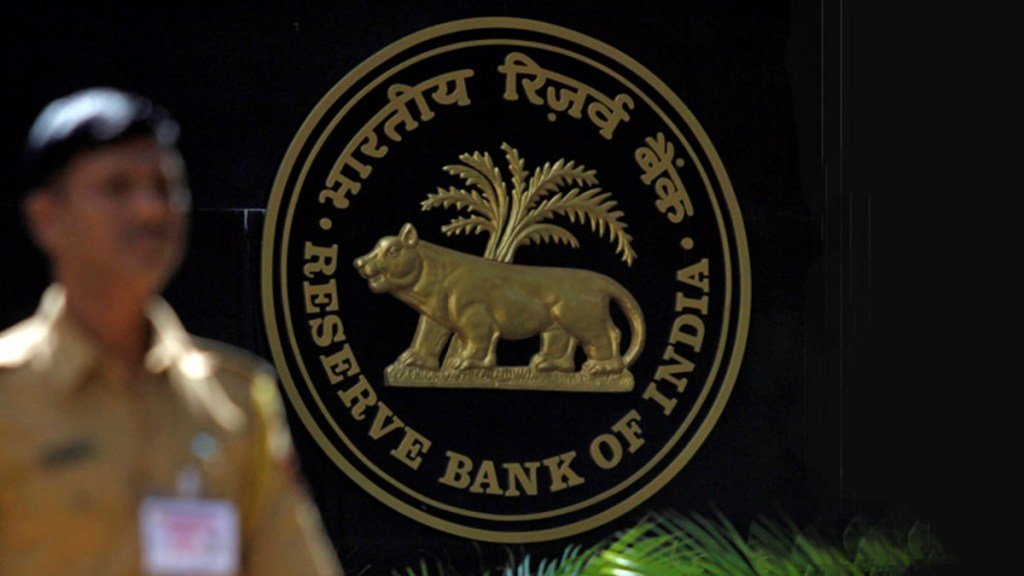
The Federal Reserve released the minutes of the Federal Open Market Committee (FOMC) meeting held on March 18–19, 2025. As is customary, the minutes were published three weeks after the policy decision. A significant portion of the discussion focused on the impact of tariffs, which were referenced eighteen times throughout the document. Policymakers expressed concern over the uncertainty surrounding both the scale and duration of the effects higher tariffs could have on the economy.
Despite a 90-day pause on tariffs for countries not retaliating with their own trade measures, market volatility was noted as likely to remain elevated. Early economic data from the beginning of the year pointed to a slowdown, independent of trade policy developments.
Participants discussed the implications of tariffs for inflation. They generally agreed that inflation would likely rise in the short term due to the tariffs, although they acknowledged considerable uncertainty about how strong and lasting these effects might be. Several participants noted that the size and scope of the announced or expected tariff increases were greater than anticipated by many businesses. Contacts in various sectors had already reported rising costs, either in response to existing tariffs or in preparation for potential increases. Some indicated a willingness to pass these higher costs on to consumers.
A few participants pointed out that some factors could dampen the inflationary impact of tariffs. For example, many households had used up the excess savings they built up during the pandemic and might resist further price hikes. Additionally, stricter immigration policies were expected by some to reduce demand for affordable housing, potentially easing housing-related inflation pressures.
Other participants observed that the labor market remained balanced and was not currently contributing to inflation. However, distinguishing between temporary and more persistent inflation changes related to tariffs could become increasingly difficult moving forward.
Participants highlighted a variety of elements that could influence how lasting the impact of tariffs would be. These included whether tariffs targeted intermediate goods—thereby raising production costs across supply chains—the potential need for supply chain restructuring, the likelihood of retaliatory actions by trading partners, and the anchoring of long-term inflation expectations.
While short-term inflation expectations, based on both market and survey data, had increased, most longer-term expectations were still seen as stable. This anchoring of expectations was viewed as a potential mitigating factor against sustained inflation pressures.




















